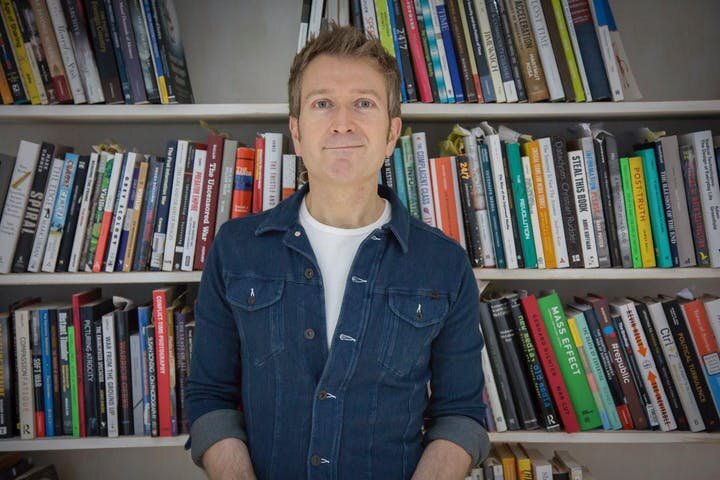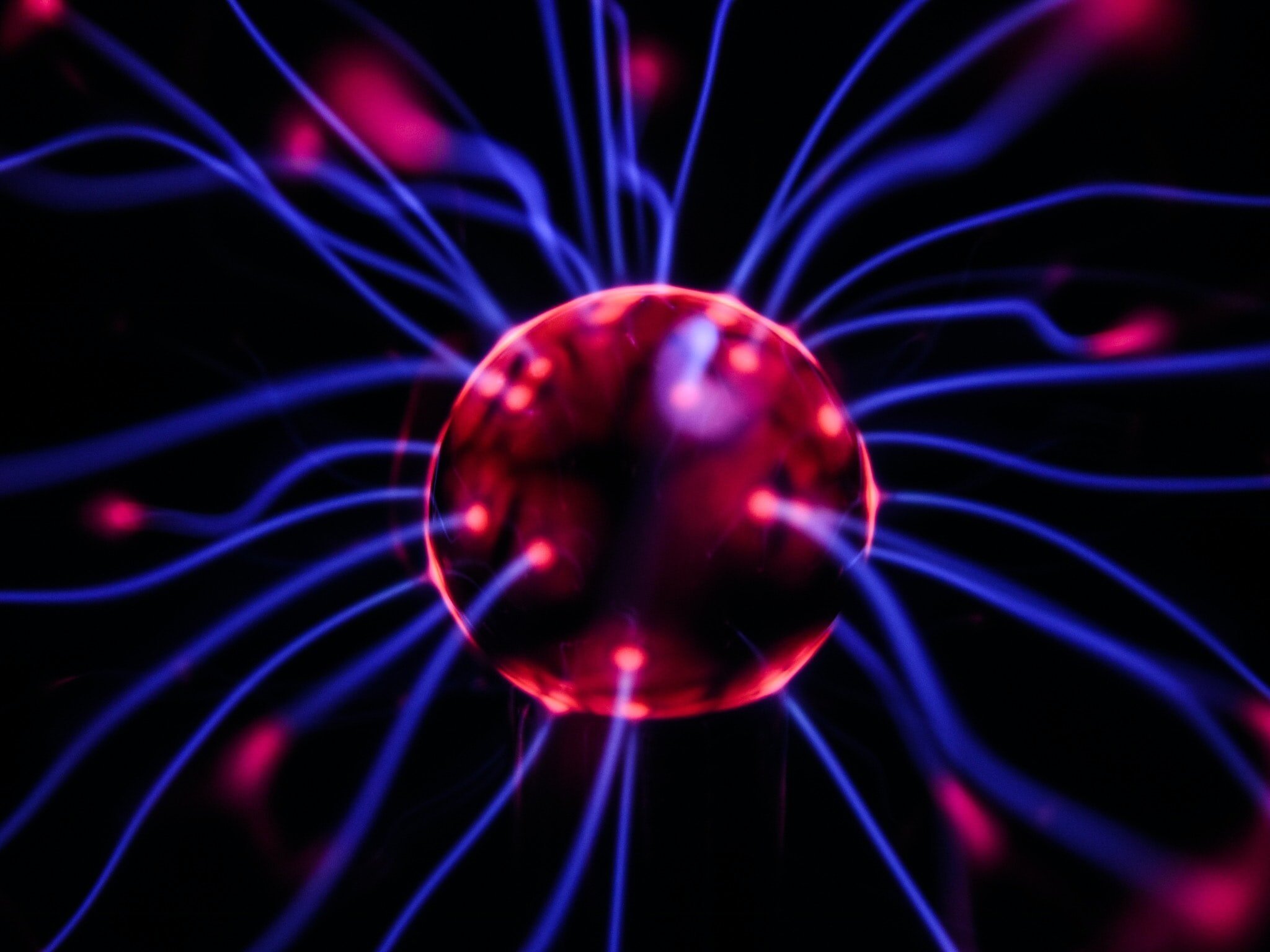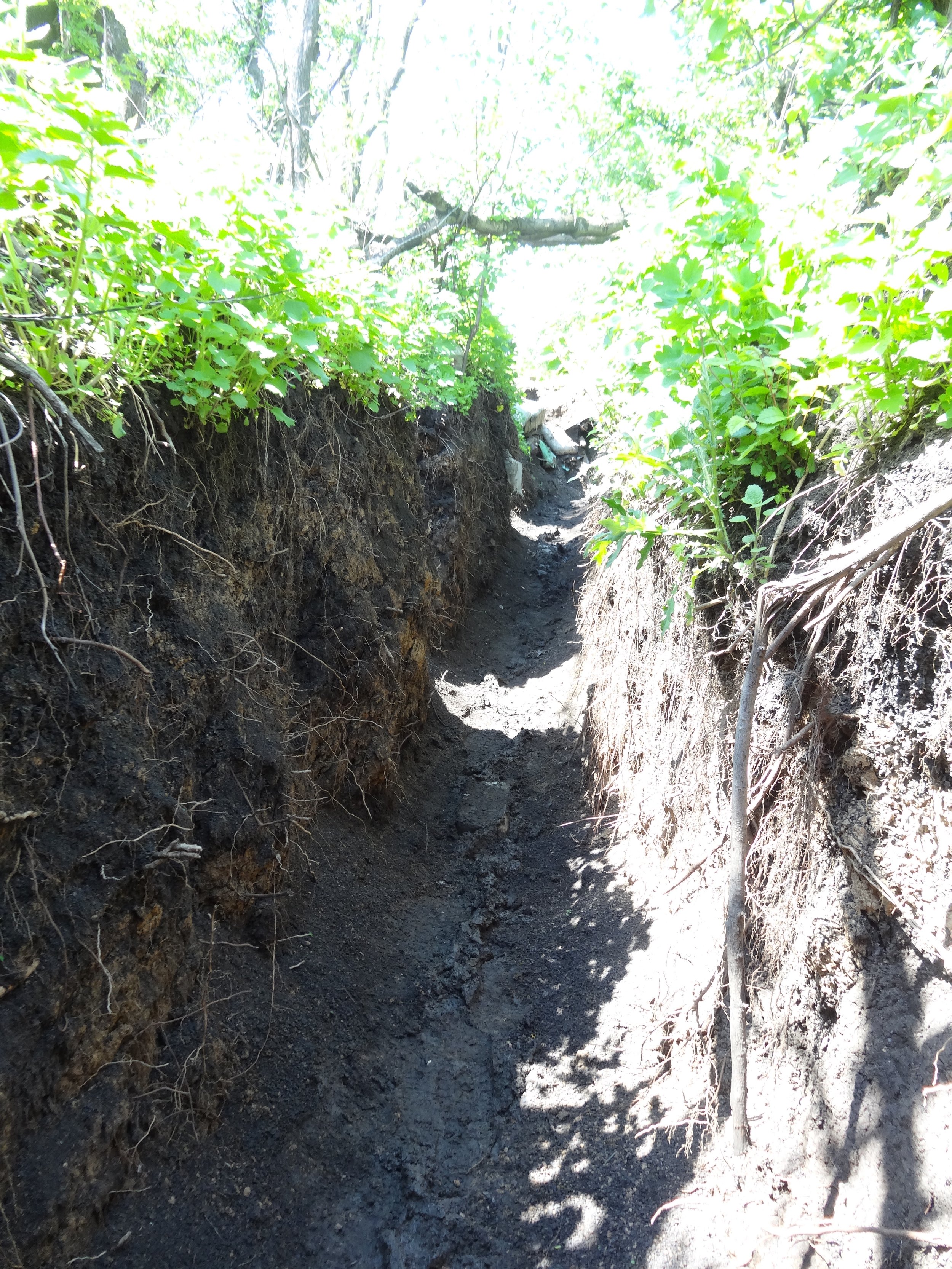The smartphone has eaten reality.
What does this mean for the future of memory, war and identity?
Self and society have been unmade by digital tech. Our personal data pours out of our smartphones even as we sleep. And in our waking hours, we obsessively record and broadcast our every thought, opinion, experience – a self-paparizzation, a sharing without sharing. These surely are not the acts of the privacy conscious.
At the same time, our attention is hacked in our search for digital dopamine hits and our entire ‘pattern of life’ is surveilled at scale for profit, propaganda and for targeting, shaping new forms of warfare.
My research illuminates the paradoxical role of digital technologies in both assisting memory’s public recovery and its capacity to haunt future generations, and also in shaping new kinds of war, memory and forgetting.
I hold a personal chair in AI, MEMORY & WAR at the University of Edinburgh, UK. I founded the Journals of Memory Studies and Memory, Mind & Media.
My research themes
Why do we obsess over memory? Swamped in connectivities and cultures of remembrance and haunted by digital traces, how individuals and societies forget is both an urgent and overlooked question of our age.
Digital media have imploded the battlefield. Militaries, victims, states and onlookers are all participants in what is seen and not seen of twenty-first century conflict. How then is war fought, legitimised, remembered and forgotten?
Does the instant availability of billions of images of human suffering and death in the digital era, mobilise or hinder public response?
Latest book
Radical War: Data, attention & control in the twenty-first century
Co-authored with Matthew Ford
Published by Hurst/Oxford University Press, 2022.
Our new book examines the digital explosion that has ripped across the battlefield, weaponising our attention and making everyone a participant in wars without end. 'Smart' devices, apps, archives and algorithms remove the bystander from war, collapsing the distinctions between audience and actor, soldier and civilian, media and weapon. This has ruptured our capacity to make sense of war. Now we are all either victims or perpetrators.
In Radical War, we reveal how contemporary war is legitimised, planned, fought, experienced, remembered and forgotten in a continuous and connected way, through digitally saturated fields of perception. Plotting the emerging relationship between data, attention and the power to control war, we chart the complex digital and human interdependencies that sustain political violence today. Through a unique, interdisciplinary lens, we map our disjointed experiences of conflict and illuminate this dystopian new ecology of war.
Endorsements:
‘The essential guide to the new war of all against all, where everything is weaponised, and where the lines between peace and conflict are forever blurred.’
PETER POMERANTSEV, author of This Is Not Propaganda:
Adventures in the War Against Reality
‘As the security elites struggle to understand how information fits with the traditional domains of warfare, Ford and Hoskins show how information has become the overarching domain, with the smartphone, not the rifle, as the granular instrument of combat. A startling rethink of the twenty-first-century battlefield that blows away the traditional boundaries between state, society and the military.’
PAUL MASON, journalist, and author of PostCapitalism
‘A fascinating assessment of the impact of our ubiquitous access to, and employment of, information and media. Positing a radical vision of war in which perception is reality, this book challenges our norms and, while you might not necessarily like it, you should probably read it!’
Brigadier KHASHI SHARIFI OBE, British Army
‘Radical War recasts the means, methods–and increasingly memes–by which war today is waged. Excavating a transformative war–media nexus, it provides an astute analysis of why the battlefields of conventional geopolitics are migrating, and mutating into social media events.’
NISHA SHAH, Associate Professor, School of Political Studies, University of Ottawa
‘The Nazis went through a remarkably complicated process of communication to realise the industrial extermination of Europe’s Jews. In the post-modern age, this book shows, in stark detail, how the flattened structures of society, the end of analogue archives and instantaneous communications could simplify any decision making process working towards genocide.’
PHILIP W. BLOOD, historian, and author of Birds of Prey
Current research
The End of Anonymity
What is it to be known? To be named, recognised, located, seen as having an autonomous self? What is it to be really known? To reveal the more interior, intimate or secret self? Today, digital living has fundamentally transgressed the separation between public and private selves. And the more known, the more accountable we become: for our opinions, habits and acts.
Yet at the same time, there is today an unremembered self, who we would not recognise, made through all our personal data given away, mined, aggregated, sold. Who makes and who controls today’s patterns of life, the new futures of me?
The End of Anonymity will be published by Polity Press in 2025..
Is Memory Finished?
– a project with Dr. Kristina Cimova
The memory feed is the principal means through which societies remember and forget, in which memory of the self is not so much curated but rather co-created in the machine’s eye. Through interviews with memory app designers/CEOs and with users, we ask: What if they turned off the life support? What if they disconnected? Can the brain, once so dependent on the machine, continue to function?
The Internet today is the primary ventilator of the past, and so if it crashed, that would be the end of memory as we know it. Memory, that is a human, active and willed memory, is finished.
Breaking the Past, Losing the War
There is too much memory. The past seeps out of every pore, bloating and burdening societies so they can no longer navigate the present nor chart the future. The late twentieth century memory boom saw anxious societies demanding relief from the burden of the accelerating present, seeking respite, revisionism, ressentiment and repentance in the past. The experience of new wars needed legitimacy and certainty through grasping the twisted memories of the old more than ever.
At the same time, the gap between event and the fervour of its commemorative politics shrunk not only to nothing, but memory and its uses and abuses became increasingly entangled with the same catastrophic production of the event and its aftermath: 9/11, 7/7, Iraq, Afghanistan, Ukraine.
This marks a fundamental crisis of remembering and forgetting in and of our age.
This work will be published by Oxford University Press in 2025.
Forgetting Hiroshima
A project with Dr. Luli van der Does, of The Center for Peace, Hiroshima University
As the living memory of war and catastrophe fades, what are the future prospects for peace, for learning lessons, for preventing forgetting?
We are asking these questions of the transition from the end of living memory of the survivors – hibakusha – of the 1945 atomic-bomb attacks on Japan, with a focus on Hiroshima. Our project is part-funded by the Japan Society for the Promotion Science Grants-in-Aid for Scientific Research, to bring the field of Memory Studies to Japan to found a new ‘cornerstone’ for peace.
We are interviewing certified a-bomb witnesses commissioned by the city of Hiroshima, to ask not what they remember, but how and why. What are the emergent risks of the threat of nuclear conflict without the presence of the lived experiences and testimonies of the survivors of the catastrophic bombings of August 6th, 1945? Many people refer to Hiroshima as a city of memory, but as our project shows, it is rather a city of forgetting.
Forgetting Ukraine
Having witnessed the war in Ukraine at first-hand on the front-line in 2015, 2017 and 2018 with the artist Mark Neville (who lives in Kiev) it was clear to us how this was for years an unseen and forgotten war.
Will the 2022- war end in a frozen and forgotten conflict? Our work will shape a new intervention on the human and material catastrophe of war in Ukraine, with photographs by Mark Neville and text by Hoskins.
Image: Ukrainian Trench in Eastern Ukraine, February 2017, by Andrew Hoskins
The Personalisation of War
The most radical transformation of war is a splintering not so much of the internet, but of people’s perception of warfare. This is the most personalised war in history.
But it is wrong to call the Russian war against Ukraine in any way transparent or somehow open.
Instead, war is in our social media feed, but it is also not in our social media feed.
This is subscription war, a personalised war, where you choose to subscribe to your own tailored version of warfare in your feed, or avoid it altogether.
Open Source War and Memory
The 2022 Russian war against Ukraine is already the most documented event in history. Never has there been so much information – and disinformation - about war been available in almost real-time, recorded via smartphone and satellites, and shared via chat and messaging apps, social media platforms, and mainstream news.
Will this overload of the digital production of warfare there is a new war on memory. This war and the memory of war is personalised, encoded and will be remembered through the social media’s splintering of realities – choose your own war, select your own memory.
Select articles
-
Media and compassion after digital war: Why digital media haven’t transformed responses to human suffering in contemporary conflict.
International Review of the Red Cross 102 (913), 117–143. Digital technologies and war.
Hoskins, A. 2020. -
Tweet Fast and Kill Things
Digital War.
Journals I have founded
(Cambridge University Press, 2022-) Memory, Mind and Media (MMM) explores the impact of media and technology on individual, social and cultural remembering and forgetting.
(SAGE, 2008-) The Journal of Memory Studies defined a new field. It examines the social, cultural, cognitive, political and technological shifts affecting how, what and why individuals, groups and societies remember - and forget.














